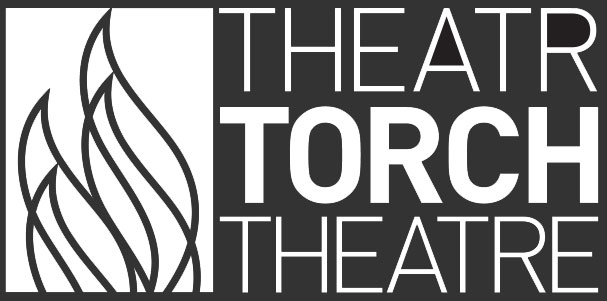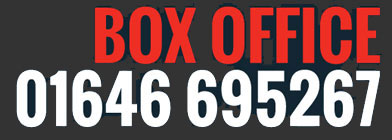Interpreter Liz May tells us of the importance of BSL
Liz May is a British Sign Language interpreter and is often seen on our stage here at the Torch Theatre. This February she’ll be taking part in a production called ‘Us and Them’ by Ransack Dance Company on our stage. We sent Anwen to ask her about the importance of BSL in the arts today ….
Tell us a bit about British Sign Language (BSL)
BSL is a beautiful language. It has its own unique grammatical structure and syntax. It is a rich and diverse language. BSL is not related to spoken English and in fact has a completely different structure, but the best person to speak to about BSL is a Deaf person. No two deaf people sign the same and the language has regional differences, just like spoken languages have regional dialects. When using BSL, it is not just your hands that make up the signs, Movement, placement, orientation, and location, as well as facial features and body language are involved.
Hopefully in the not too distance future, it will be embedded into our children’s learning. Both my children sign as I have a lot of friends that are deaf, and I think it is important they are exposed to it and learn it at a young age.
When did you start learning BSL and why?
I have known fingerspelling and a few signs since a young age, but I fell in love with BSL in 2005.
My daughter’s friend in school had a deaf parent, who I become friendly with. I decided to join a class, and I have not looked back since. I worked within the deaf community pretty much from the start. What I really enjoy about interpreting, is being able to combine my old life with my new one. I grew up in the theatre as a dancer, singer, actor, which I went on to do professionally. I am currently interpreting in theatres as well as working with two dance companies that incorporate BSL into all their pieces of work that has dialog in. I’m getting to dance a little again as well!
How important is it that productions include BSL?
The theatre, and the arts in general need to be more inclusive. As I have said before, it is a beautiful visual language and can enhance a performance, as well as giving access to the deaf community. There is so much that people get out of the arts, why should the deaf community not have access? A theatre interpreter can convey every part of the production into BSL. The emotion, the feel of the characters, how a story can impact someone’s life.
How do BSL productions differ from other productions?
It depends if it is integrated BSL or there’s an interpreter to the side of the stage. I do both, or you could have cast members signing as well. There are so many different ways to achieve access. I have also worked with companies that employ deaf actors/dancers. These ones are structured differently again. Deaf people will have their own preferences as to what sort of production they enjoy.
You’ll be taking part in Ransack that includes BSL – what will you be doing? And what character / part will you be playing?
I have really enjoyed my time with Ransack. I have been working with them for a few years now, but this is the first time I am in the actual performance with the dancers. I am in the first half, and the dancers sign themselves. There is a point in the production that we call instructions, I am translating what the hearing audience is hearing. It is integrated with the dancers and I do a little bit of dancing as well.
Is BSL more popular in productions these days than they were a few years ago?
It is far more popular now that it ever has been. Although, years ago I watched a production that had integrated signing in it. I think now though, it is getting far more press than it ever has. Which is a good thing but the information that gets put out there has to be correct, otherwise it could do more damage than good.
If people want to learn BSL, how do they go about it?
There are centres around the UK that run courses, colleges, universities. It really depends on where you live and what sort of learning you are looking for. Signature is one route you can go down. They work alongside the NRCPD, who hold the register of interpreters. A fully qualified interpreter will have a yellow badge and trainee will have a purple one. You must hold one of these to interpret professionally.
Should BSL be made compulsory in schools as part of the curriculum?
One hundred percent, yes, but it must be taught by a deaf professional. There are a lot of cultural difference between English and BSL. Sometimes these differences are forgotten. As a hearing person, I can not talk from experience, and for me that is very important. Most interpreters would have the same view. How can someone teach something they have never experienced, only a deaf person can do that. My view it should be taught in primary schools as children soak up information far more when they are young, without realising it.
Us and Them at the Torch Theatre on Friday 2 February at 7.30pm will explore both togetherness and separation. How we connect with some people by sharing experiences, whilst disconnecting with others by creating barriers.
TORCH THEATRE NEWSLETTER
Get in the Spotlight!
Want to be the first to hear about upcoming performances, exclusive ticket offers, and behind-the-scenes action at the Torch Theatre? Subscribe to our newsletter and let the drama come to you.



